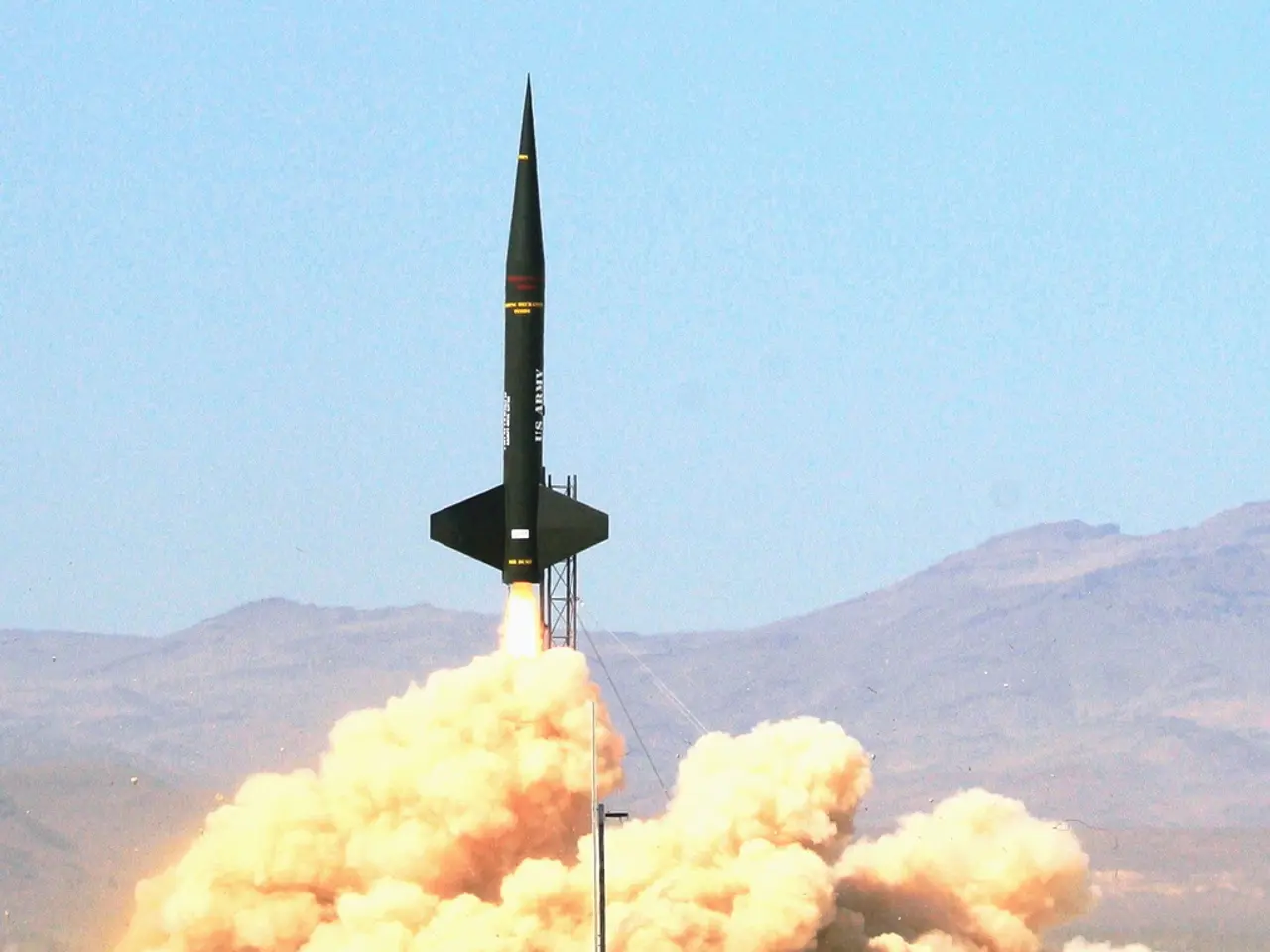Space regulations relaxed at Trump's command, scoring a victory for Musk
President Trump's 2025 executive order on space launches aims to streamline and accelerate federal licensing, including environmental reviews, for commercial space launches and reentries, with the goal of substantially increasing the launch cadence and fostering competition in the U.S. commercial space industry by 2030.
Key implications, particularly relevant to SpaceX's Starship rocket and environmental impact, include:
- The executive order directs the Secretary of Transportation and the Federal Aviation Administration (FAA) to eliminate or expedite environmental reviews and related obstacles for launch and reentry licenses and permits. This potentially includes exemptions from parts of the National Environmental Policy Act (NEPA), which currently requires comprehensive environmental assessments that can delay rocket launches at spaceports.
- It mandates a review and possible revision or rescission of FAA regulations (14 CFR Part 450) that regulate commercial launch licenses. These rules were originally designed for reusable rockets but are now considered insufficient for current launch technologies like Starship, which represents a novel and high cadence reusable launch system.
- The order also seeks to align regulatory processes across federal agencies (DOT, NASA, DOD) and reduce duplicative or inconsistent environmental and spaceport development reviews, facilitating faster spaceport infrastructure development needed for frequent launches like those planned for Starship.
- By creating a new regulatory framework for "novel space activities," the order aims to enable faster authorization of missions and systems that do not fit neatly into existing rules. SpaceX's large, ambitious Starship system and its frequent testing might benefit from these updated regulatory paths, allowing more rapid deployment and iteration.
However, while the order intends to reduce regulatory barriers and expedite processes, it raises concerns about the potential environmental impacts from expedited or waived reviews—such as noise, emissions, effects on wildlife, and coastal management issues at launch sites like Boca Chica, Texas. These effects may be less rigorously evaluated under the streamlined procedures mandated by the order.
Jared Margolis from the Center for Biological Diversity stated that the order puts people and wildlife at risk from private companies launching giant rockets that often explode and cause devastation. The Centre's concerns are echoed by the latest routine test of SpaceX's Starship rocket, which ended in a fiery explosion in June.
In summary, Trump's executive order facilitates faster, more efficient licensing and environmental review procedures for commercial space launches, which could accelerate SpaceX's Starship development and operational pace. However, this deregulation move may lead to reduced environmental oversight and heightened ecological impacts due to fewer or expedited environmental assessments.








